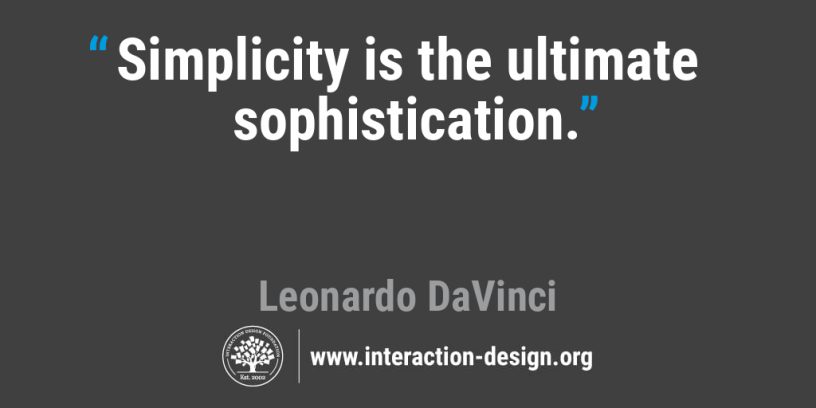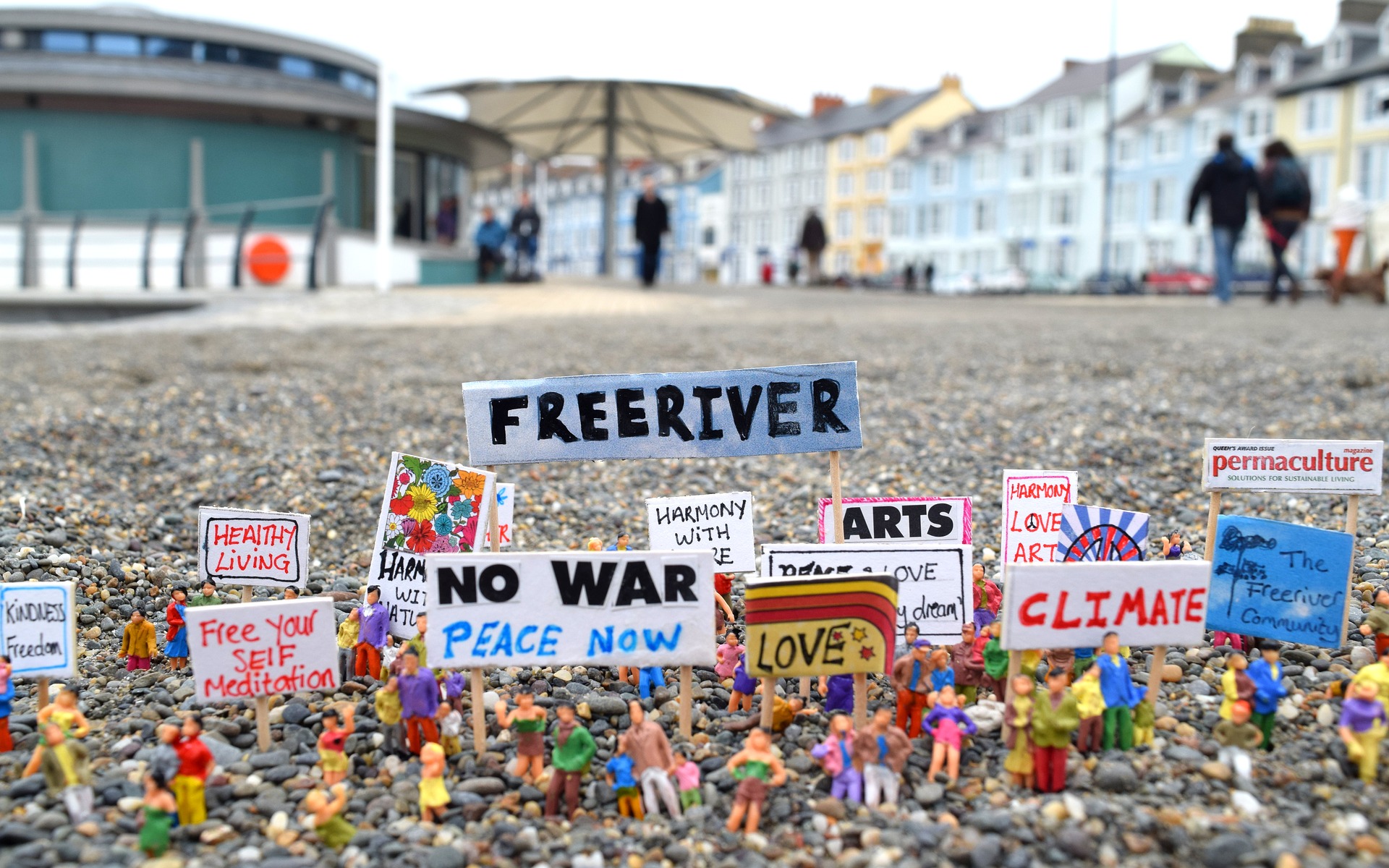
I am starting a series today called the “Art of Transformation series” – over the next several days or weeks, it will be cover a host of topics that would hopefully paint a wholistic picture of what a digital transformation entails to become sustainable. One that can focus on future problem solving from a customer or market perspective rather than going to fundamental yearly change projects, which essentially never gets you to stable new way of work.
Yes, you do want to become a Digital organization. Whatever your definition of “Digital” might be in your mind, here is a hypothesis that you can wrestle with –
“Simplify all the complexity that are possible to be simplified, so that you are left with only the true complexity that you and your teams can focus on day-to-day”
— Srikanth Ramanujam
Things that are complex and that often cant be simplified:
- Your evolving customer needs and problems
- Your ability to predict whether an idea will succeed
- Your ability to design something on the first try or even ‘n’th try that satisfies the customer need
- Your ability to predict value of something that you create
- Your ability to predict the market demand and supply – essentially the future
- Your ability to extricate value from human systems
Things at are complex and in chaos today, but that can be go into some kind of constantly self-evolving ordered state:
- Product management practices that allow you to change your mind anytime
- Deferring work to self-managed teams and allowing them to figure it
- Building product development systems that are in a state of flow
- Continuous improvement practices – deferring the constant change to the people doing the work
- Bridging the gap between the Discovery, Ideation and Delivery process – the closer it is or if it merged into a singular process, and constantly focusing on how to make it more effective when large scale human involvement is the norm to build things
- Learning the art of software development in small cycles (and no it does not mean jumping in a funding some DevOps initiatives)
Make your own lists – identify your valuestream – classify each item into two categories “Can this be less complex?” and “Do we accept it and work with this complexity as we don’t have a choice?”






Leave a Reply